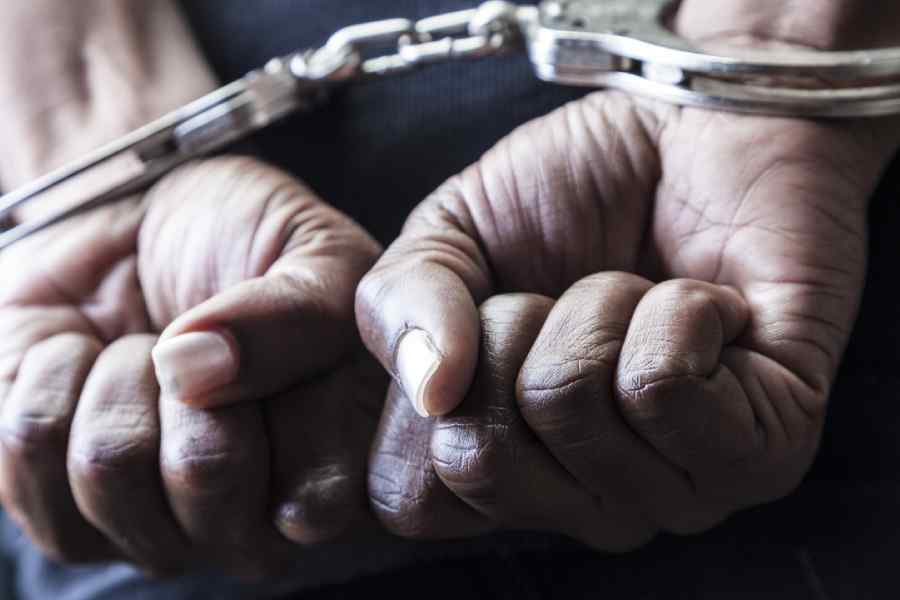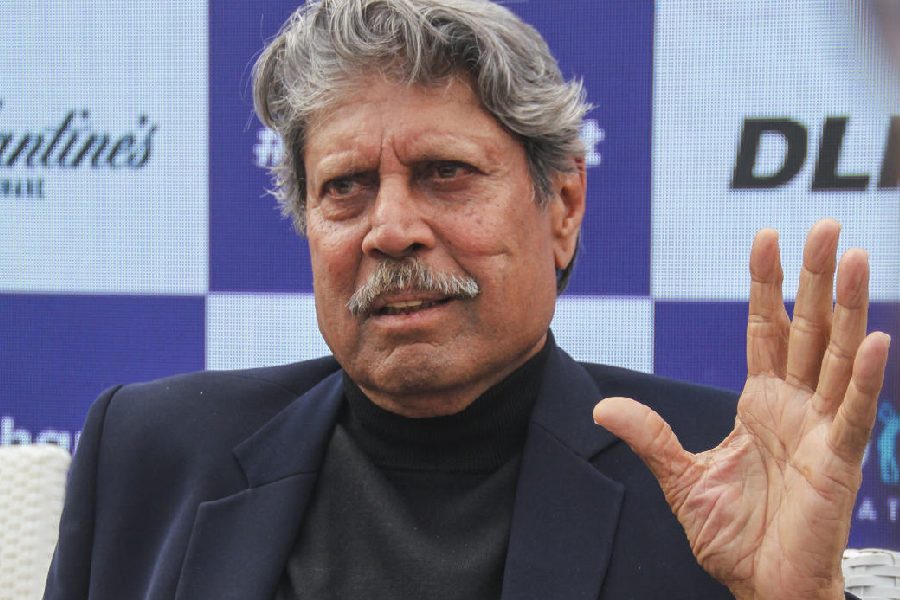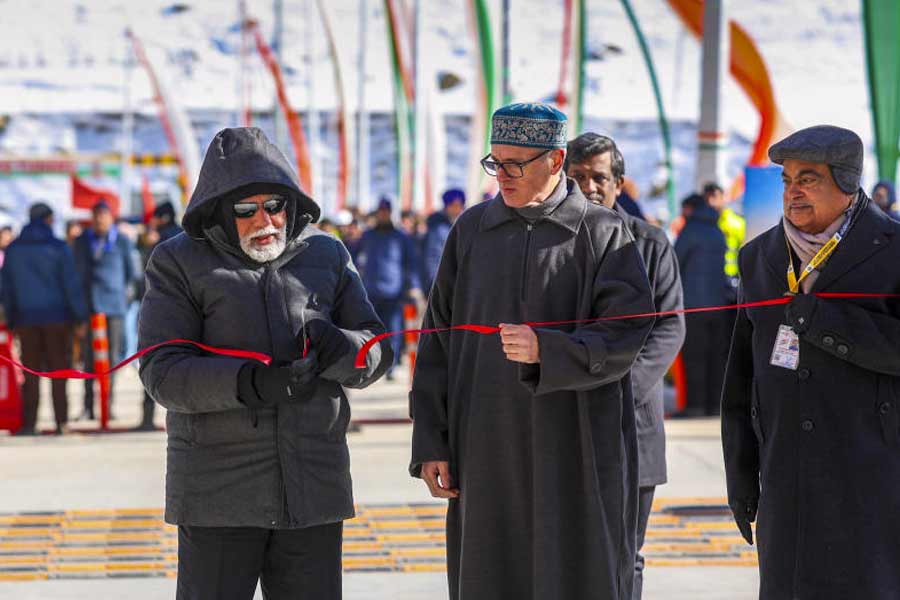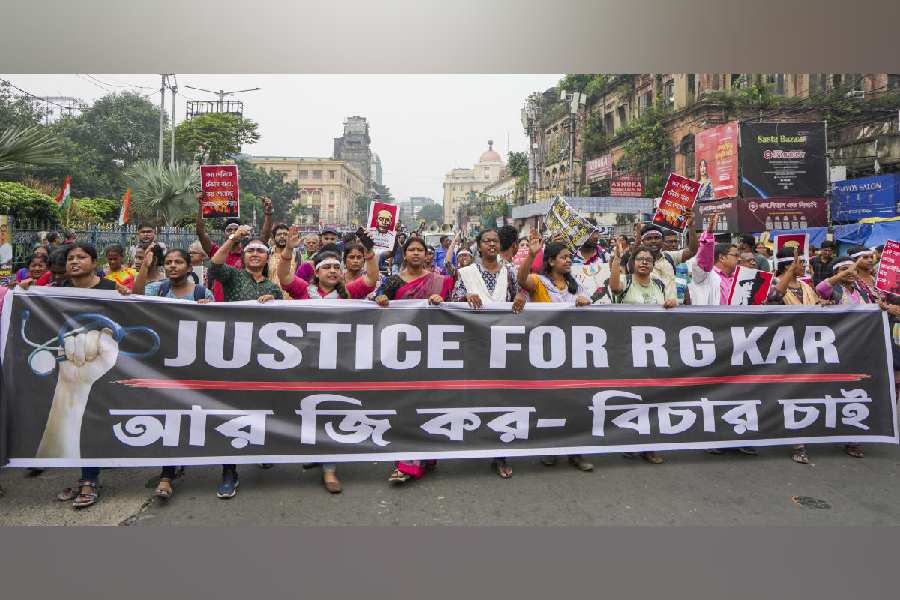The father-in-law of the prime suspect in the 2010 palm-chopping case of a college professor in Kerala claimed that his family became aware of the Popular Front of India sympathiser's involvement in the case through news reports.
Savad was arrested in the case by the National Investigation Agency (NIA) on January 10.
Recounting his first encounter with Savad at a shrine in Ullal in Karnataka, the father-in-law on Thursday said at that time he identified himself as Shajahan and said he was from a humble family in Kannur district in Kerala. Savad had made a lasting impression, said the Kasaragod resident.
Claiming that he is poor, the man said as Savad didn't seek any dowry, he married off one of his four daughters in 2016 to Savad.
During the marriage too, Savad had told local mosque authorities that his name was Shajahan, his father-in-law said.
Following the wedding, Savad spent a month at "my house before moving into a rented accommodation in Kannur district", he said.
Known for his transient lifestyle, Savad reportedly changed jobs and avoided settling in one place for a long period. He had two children, one aged four years and the other nine months, and resided in a rented house in Mattannur in Kannur district for over a year.
In the guise of a carpenter, the accused introduced himself to his neighbours as Shajahan, maintaining a discreet profile and refraining from close interactions with locals.
Savad, who had been on the run for the past 13 years, carried a reward of Rs 10 lakh.
The NIA has revealed that the accused was involved in severing the palm of T J Joseph, allegedly in response to the professor ridiculing Prophet Mohammed in a Malayalam question paper for the internal examination of B.Com students at Newman College in Idukki district's Thodupuzha.
Nineteen accused have so far been convicted for various offences under Indian Penal Code and the Unlawful Activities (Prevention) Act in the case.
Of them, three have been convicted for life and 10 others sent to eight years imprisonment.
The accused in the case were either leaders, activists or members of the banned Popular Front of India (PFI) and the Social Democratic Party of India (SDPI). They were actively involved in the criminal conspiracy relating to the lethal attack on Professor Joseph at Muvattupuzha.
The accused had carried out the barbaric daylight attack on the professor in the presence of his family members on July 4, 2010, when he was returning from church after the Sunday morning mass. They had also hurled a bomb to spread terror among the people before escaping from the spot.
Except for the headline, this story has not been edited by The Telegraph Online staff and has been published from a syndicated feed.












